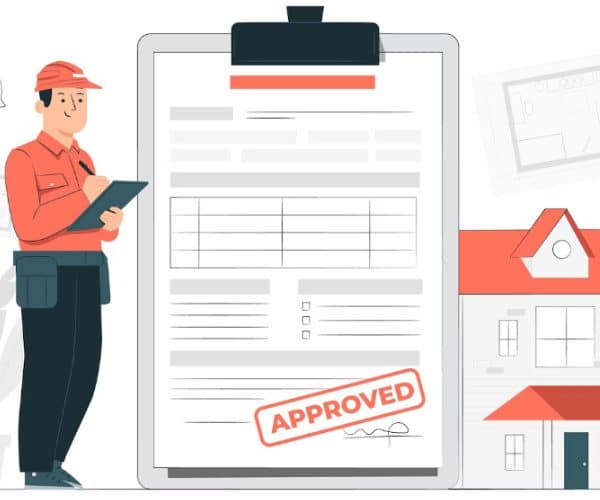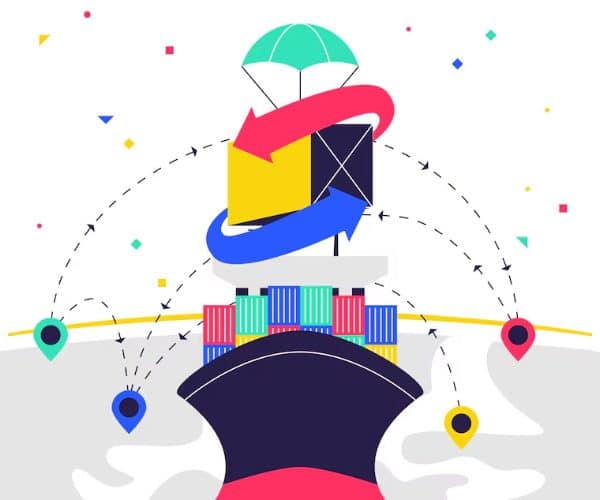What Are Consumers?
Consumers are the end users of any product. A consumer is someone who purchases products or services for personal or business use.
These consumers directly use goods and services rather than using them for resale purposes.
Examples
Some of the common examples of consumers include:
- A person using software to book a doctor’s appointment
- Someone eating a breakfast cereal
- A kid wearing a school uniform shirt
- Businesses using employee management software
Customers vs. Consumers
We often hear people interchangeably using the words ‘consumer’ and ‘customer’. However, there are significant differences between the two. Let’s find out what they are:
Definition
Customer
A customer can be an individual or a group of people who purchase products or services. However, they may or may not consume the product themselves.
Consumer
A consumer is a person or business who uses the products they buy.
Reselling Products
Customer
A customer may resell a product for profit generation.
Consumer
Consumers don’t resell products for profit. They instead use it for their own benefit.
Payment for Product or Services
Customer
Customers usually buy products or services.
Consumer
Consumers may or may not buy products or services.
Why Is It Important to Understand Consumer Behavior?
Consumer behavior is the study of how people purchase goods and services for personal consumption. It takes in several factors i.e. from shipping frequency to product preferences.
Several other factors also affect a consumer’s behavior and their buying decision, including:
- Cultural (culture, subculture, etc.)
- Social (family, reference groups, roles, and status)
- Personal (age, lifestyle, occupation, personality, income)
- Psychological (motivation, learning, perception, attitudes, and belief).
Benefits of Understanding Consumer Behavior for Business
For a business, it is really important to understand the behavior of its potential consumers. Understanding consumer behavior can help businesses:
- Attract new consumers
- Retain current consumers
- Develop effective marketing strategies
- Predict an upcoming shift in marketing trends
- Stay relevant in the market
- Easily introduce new products into the market
- Improve customer service
Types of Consumers
Consumers can be of different types based on their psychographics and demographics. Here are a few consumer types you should know about:
Impulsive Consumers
Impulsive consumers are the ones who make unplanned purchases. They usually don’t shop for products or services with anything specific in their minds. Their purchase decisions are emotionally driven rather than logically driven.
Need Based Consumers
These consumers purchase a product or service to fulfil a need. Need-based consumers enter a store and purchase decisively as soon as they find what they are seeking. Such consumers are more likely to make a quick purchase decision and are not loyal to any brand in particular.
Loyal Consumer
These are the type of consumers who are committed to buying a certain product or service. Loyal consumers are the bedrock of any business and businesses generate most of their income from these consumers.
Wandering Consumers
Wandering consumers or window shoppers are another important segment of your consumer base. They are just like impulsive consumers but less likely to make a purchase. These people are usually attracted to a store location or appealed by social interaction during shopping and have no specific product or service in their mind.
Discount Consumers
These consumers are the ones seeking the best discounts. They are swayed by seasonal or event-based sales. Discount consumers are frequent market visitors but only make a purchase when there is some kind of discount on the products. In fact, 53% of consumers say they are compelled to buy from discounts or deals.
FAQs
Q: What are different types of consumer products?
Ans: Consumer products can be classified into four types:
- Convenience products (commonly purchased i.e. paper, pencil, food items etc.)
- Shopping products (purchased less frequently i.e. clothing, airline tickets, etc.)
- Speciality products (products with unique characteristics and brand identification i.e. perfumes, watches, etc.)
- Unsought products (not purchased under normal circumstances i.e. life insurance, gold ring, etc.).
Q: What are the types of consumer feedback?
Ans: Consumer feedback can be of two types:
- Active Feedback: Businesses collect active feedback by conducting surveys or reviews.
- Passive Feedback: This is the feedback that a customer gives without asking.



